Organizations use Cloud Infrastructure Entitlement Management to efficiently manage access rights across cloud environments, ensuring security and compliance.
Cloud Infrastructure Entitlement Management provides a framework for monitoring and securing access permissions within cloud infrastructures. It addresses challenges linked to scalability and dynamic changes common in multi-cloud environments, allowing precise control over user entitlements.
What features are crucial in a CIEM solution?In industries like finance and healthcare, compliance and security are paramount. Implementing CIEM ensures that sensitive data is only accessible to authorized users, reducing the risk of breaches and ensuring adherence to industry standards and regulations.
Cloud Infrastructure Entitlement Management is essential for organizations looking to maintain security and compliance in dynamic, multi-cloud environments, providing precise control over user access rights.
| Product | Market Share (%) |
|---|---|
| SailPoint Identity Security Cloud | 22.5% |
| Veza | 14.7% |
| CrowdStrike Falcon Cloud Security | 14.6% |
| Other | 48.199999999999996% |

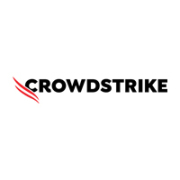


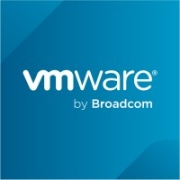


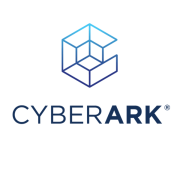
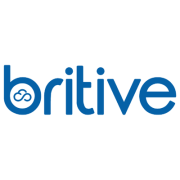
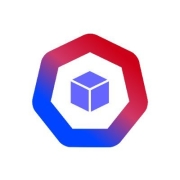


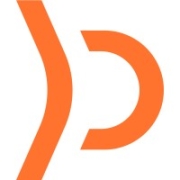










CIEM enhances cloud security by granting you visibility and control over user permissions within your cloud infrastructure. It allows you to monitor who has access to what resources, minimizing the risk of unauthorized access. CIEM tools help in identifying and managing excessive or outdated permissions, reducing the attack surface, and ensuring compliance with security policies.
What are the key features to look for in a CIEM solution?When selecting a CIEM solution, consider features such as automated entitlement discovery, real-time monitoring, and anomaly detection. Look for solutions offering role-based access control, detailed audit trails, and seamless integration with existing cloud services. Advanced analytics for permissions recommendations and compliance reporting can also be crucial in managing cloud entitlements effectively.
Can CIEM tools improve cloud operational efficiency?CIEM tools can significantly improve operational efficiency by automating the management of cloud entitlements. By automatically identifying excessive permissions and recommending rightsizing actions, they reduce the manual effort required to maintain least privilege access. This automation frees your IT team to focus on strategic initiatives while maintaining a secure environment.
How do CIEM solutions help in compliance management?CIEM solutions assist in compliance management by offering comprehensive audit trails and reporting capabilities. They enable you to track and document who accesses specific resources, ensuring adherence to compliance requirements such as GDPR or HIPAA. By providing insights into cloud access patterns, CIEM solutions allow you to demonstrate compliance with regulatory standards and reduce the risk of penalties.
What are common challenges in implementing CIEM?Common challenges in implementing CIEM include managing the complexity of multi-cloud environments and ensuring seamless integration with existing security tools. Aligning business processes with CIEM policies requires a comprehensive understanding of cloud security practices. Additionally, staying updated with evolving cloud platforms and regulations can be demanding. Effective planning and a clear strategy are essential to overcome these challenges.